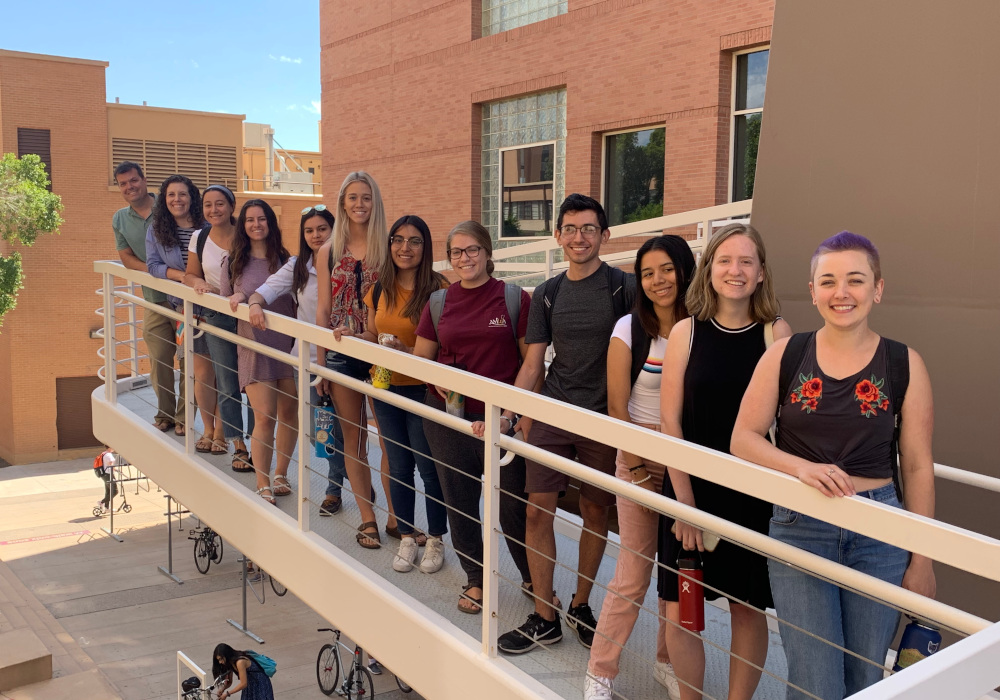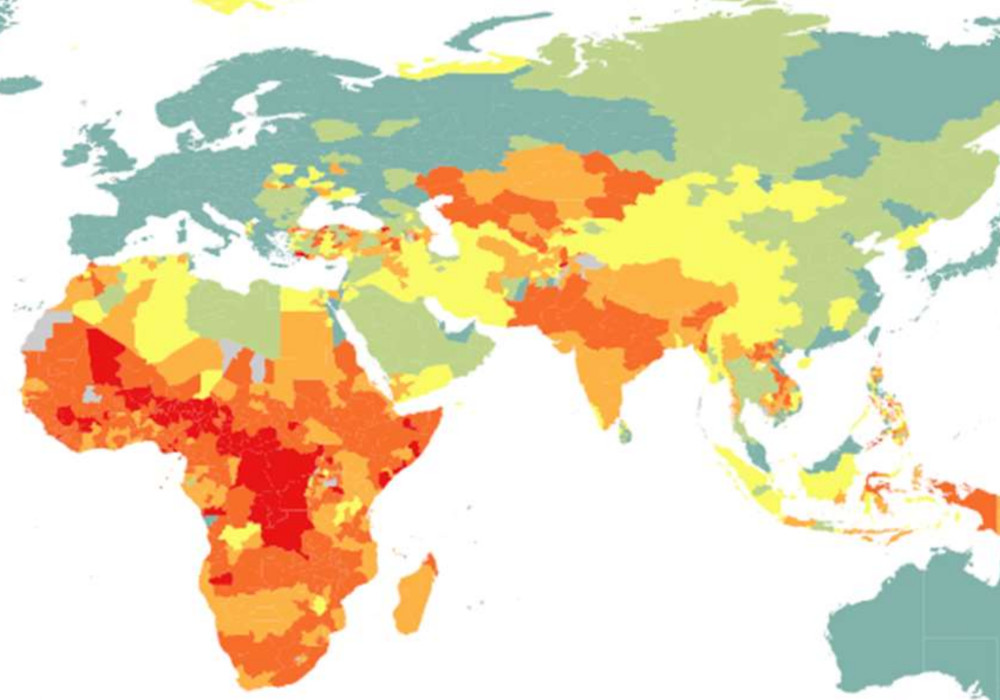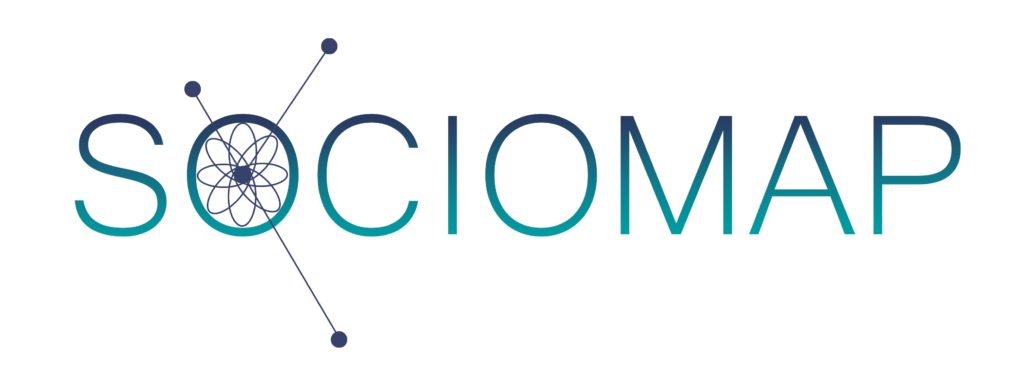In the last two decades, thousands of surveys worldwide have begun to collect data on social, economic, and physical well-being that can be tracked at finer grains than nation-states (e.g., social groups defined by ethnicity, language, or religion and administrative subdistricts). This new fine-grained data is permitting unprecedented precision in mapping social and health disparities globally. Our team is building tools to help leverage the power of such data.

Documenting Global Ethnic Disparities. In contrast to extensive research on ethnic health disparities in the U.S. and Europe, much less is known about how ethnic discrimination in low- and middle-income countries shapes health. This undergraduate-driven project documents global ethnic disparities and analyses their relationship to health.

Precision Mapping of Health Disparities. To understand how social and health outcomes differ at fine-grained scales our team has reconciled social and health data by over 3000 ethnic, linguistic, and religious groups as well as 3000 subdistricts worldwide.

CatMapper: Easing merges across complex, evolving sets of categories. CatMapper includes provides two apps: (1) SocioMap is designed to help researchers merge social and health data across datasets by fine-grained sociopolitical units, such as ethnolinguistic groups or administrative subdistricts, and (2) ArchaMap is designed to help archaeologists merge data by complex and heirarchically organized categories, such as sites and material artifact types.